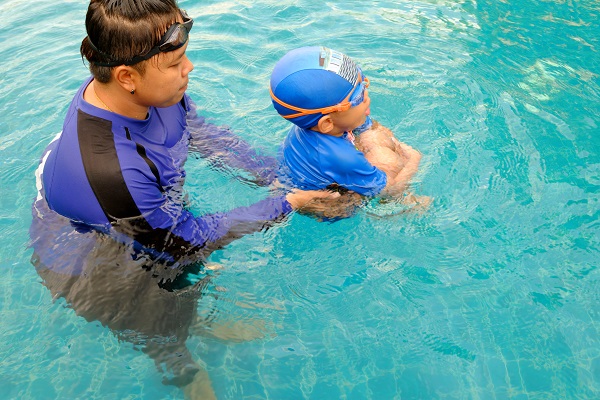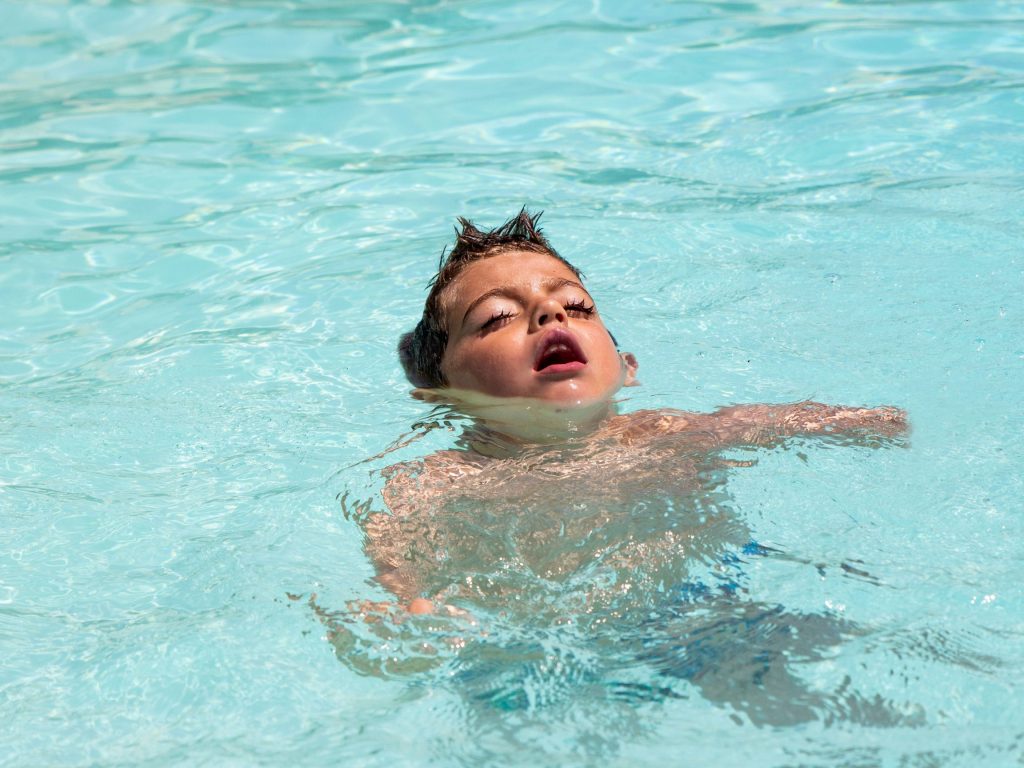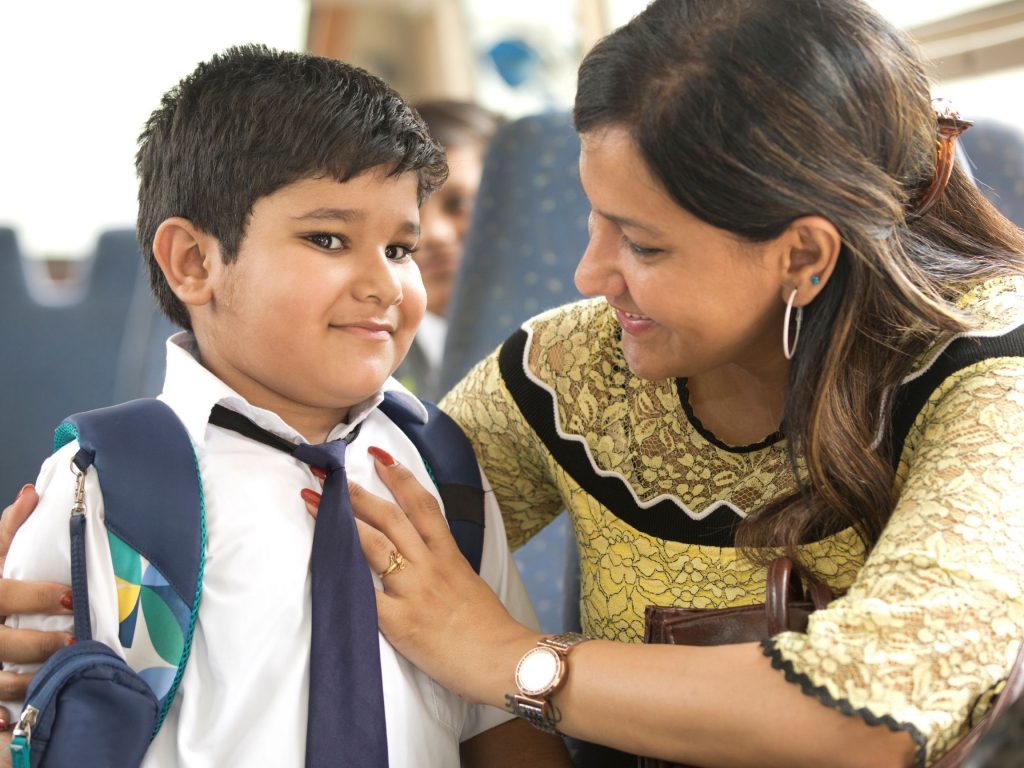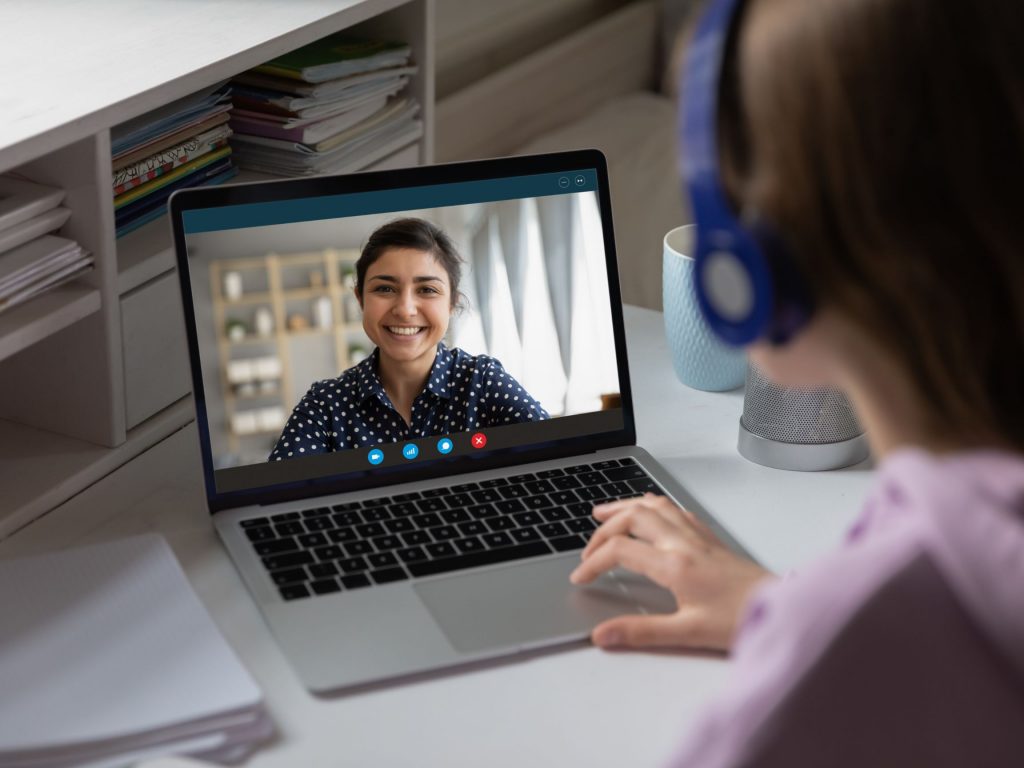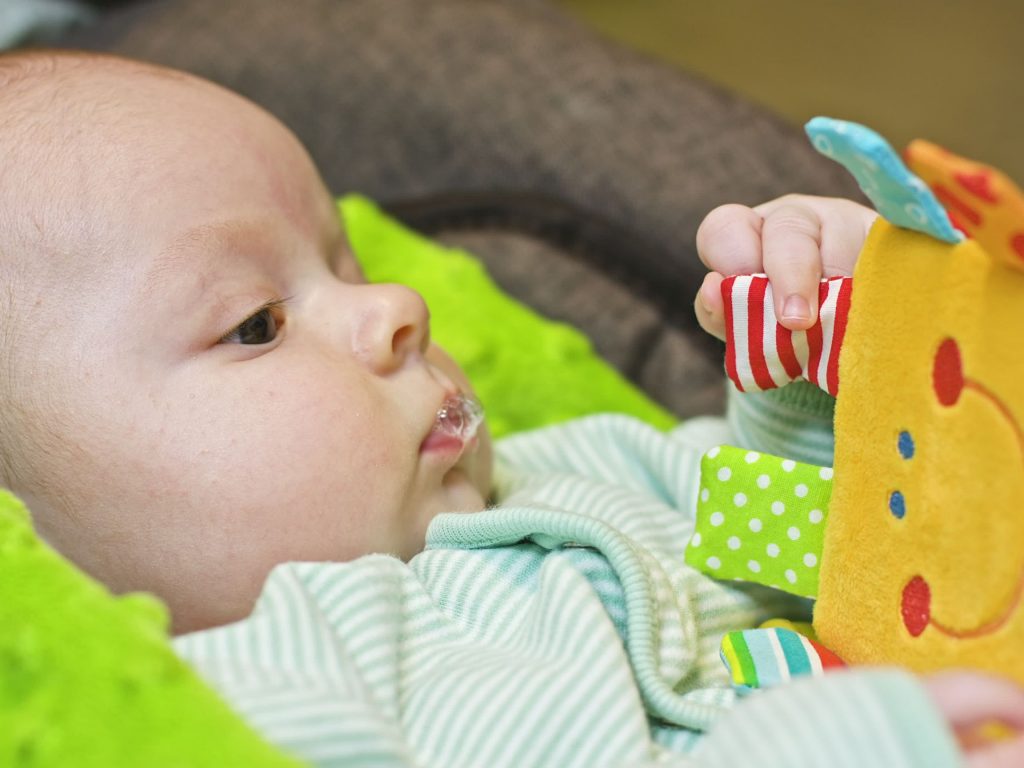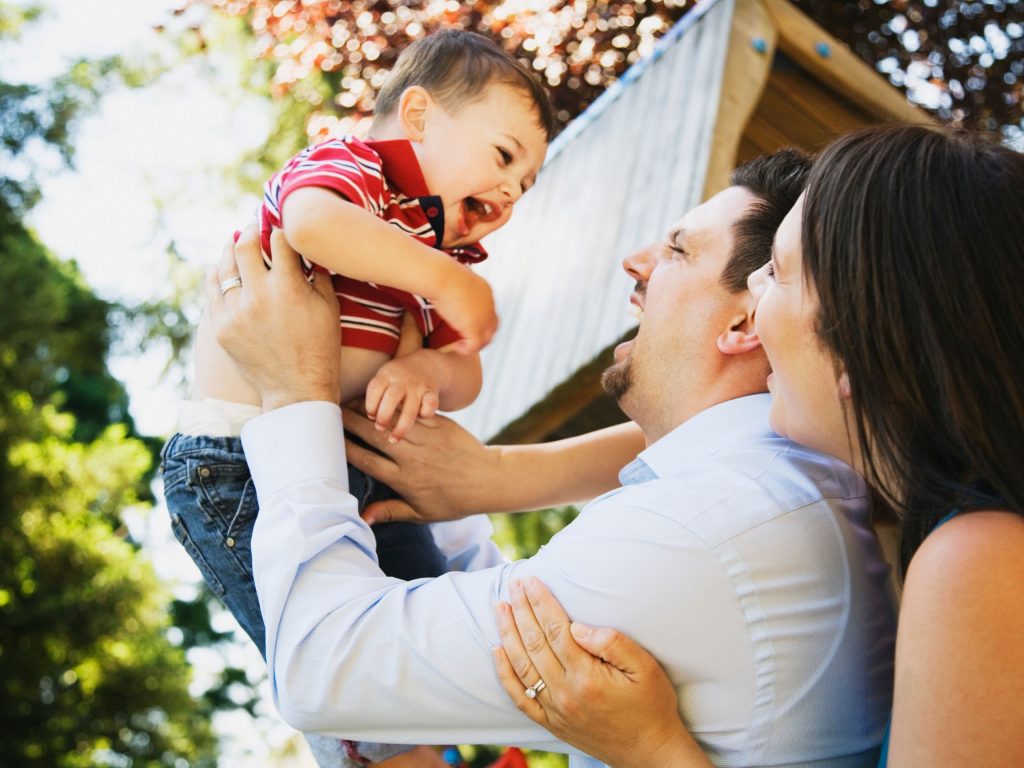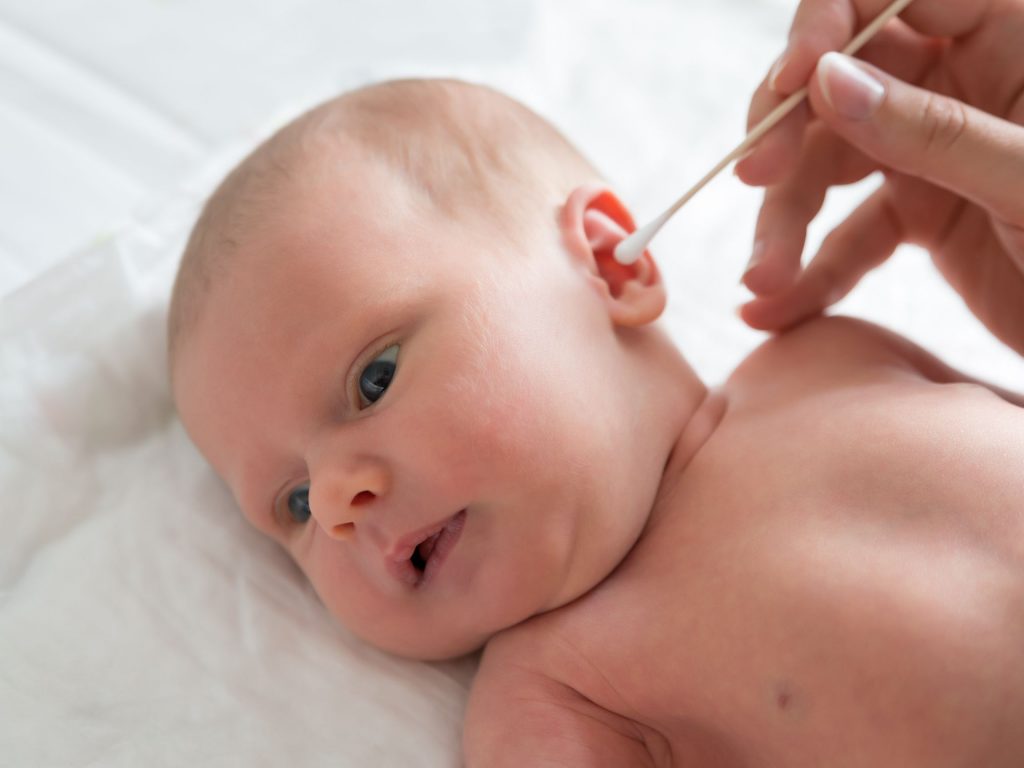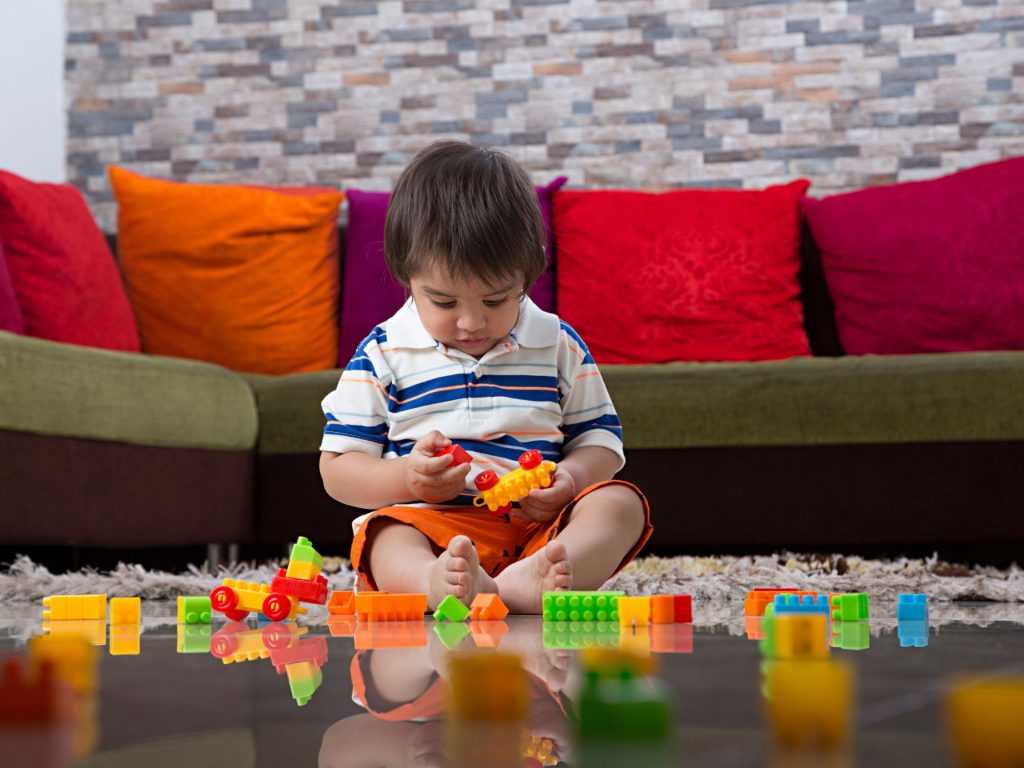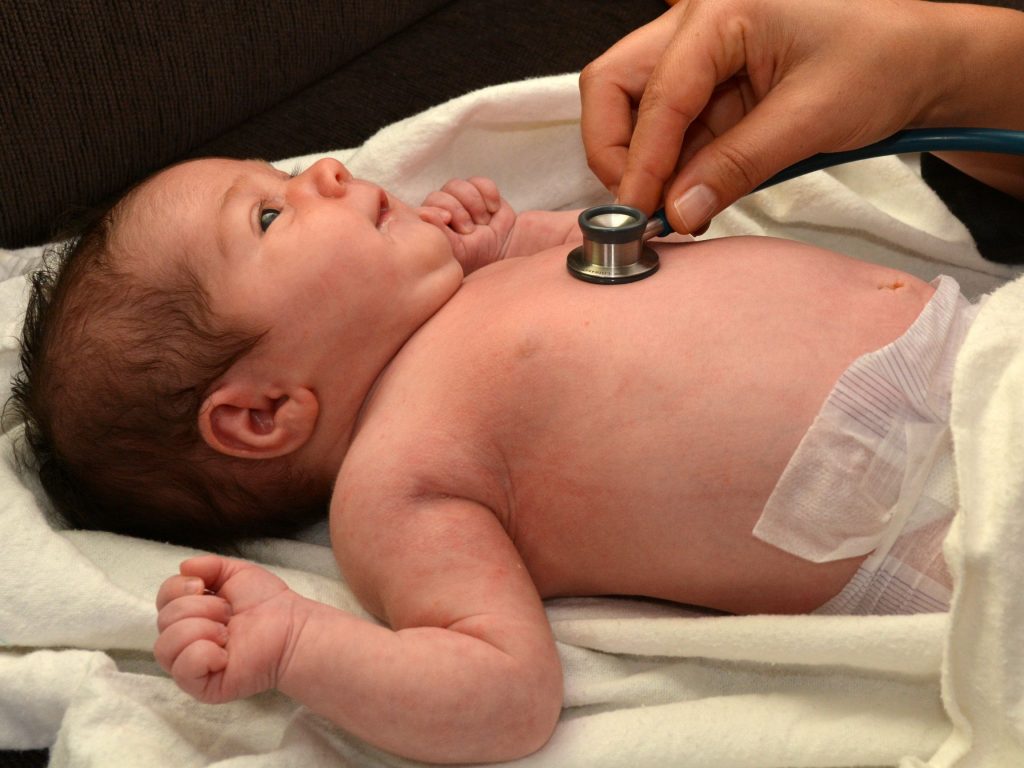Every parent eagerly waits for their child to talk. It’s a whole new world when your toddler starts talking and you would be at cloud nine! Remember that all children are different and develop at their own pace. Here are some ways to encourage your toddler to get these words flowing.
Keep talking about everything
Talk a lot with your toddler. Exposure to the outer world is important to improve your child’s vocabulary. Speak slowly and smoothly using small simple words and very short sentences.

Keep narrating to your little one what you are doing, where you are going and all that you are up to. In your conversations, keep enough pauses in between, to listen to your child and wait for him to respond.
Become your child’s echo
Repeat what your child spoke by adding on one or two words at a time. This will encourage toddlers to further develop their expressive speech. They will feel motivated.
Reward words
Be generous and appreciate when your baby talks. He will be happy getting applauded for his effort and will try speaking more. Also, share some additional words related to what he/she just spoke.
Don’t anticipate
Make your little one work hard for what he wants. Wait until he or she asks, rather than anticipating their every need and request.
Be blind to gestures
Delay your response to your toddler’s gestures and help your little one work on his/her words. If you fulfil their needs with gestures, your child might be reluctant to work on his or her speech.

When you respond to any request, ensure that you use the word repeatedly and make him understand that you are trying to emphasize a particular word.
Limit screen time
Only active interaction can help your child talk. When they are hooked up in front of a TV, this cannot happen. Researches have proved that with an increase in screen time, language acquisition gets delayed for children below three years of age.
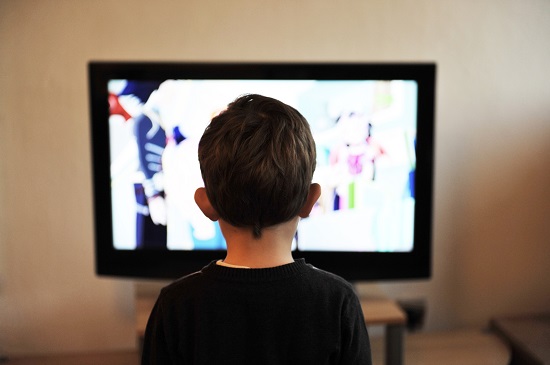
It is recommended that children over two years should not be allowed to watch television for more than 2 hours. Children below 2 years of age should be completely discouraged from watching TV.
Listen
Listening is equally as important as speaking. We always seek the person who listens to us when we want to tell something. The same holds with children. So when you give your child your attention when he is talking or making sounds, help him/her to understand that they are really important and worth your time. Sustain their interest in talking by paying attention and encourage them with supporting words.
Point and repeat
Point to things in your everyday life and repeat them until your child gets attentive. The more your child hears a particular word, the more they are going to comprehend it; so keep repeating. You’ll soon hear your baby repeating it!

Remember these sets of words or phrases must include the words of items that the child is attending to, visually at that particular time and then label it for them. Some such words include: during bath time- water, bubbles, soap, bucket; during meal time- spoon, fork, plate, eggs, apple, banana, yummy.
Be animated
Use lots of facial expressions and variations of tones when you talk with your toddler. This will help you create interest around the act of talking and you can retain your baby’s attention for longer periods. Use changes in volume, sing, recite and be narrative all the time. All this gives your baby even more opportunities to learn.

Give your toddler plenty of opportunities to talk during your everyday routine. Keep encouraging them by engaging in fun-filled activities. The more the better; they will get familiarized with words and our little ones will start playing with words!


